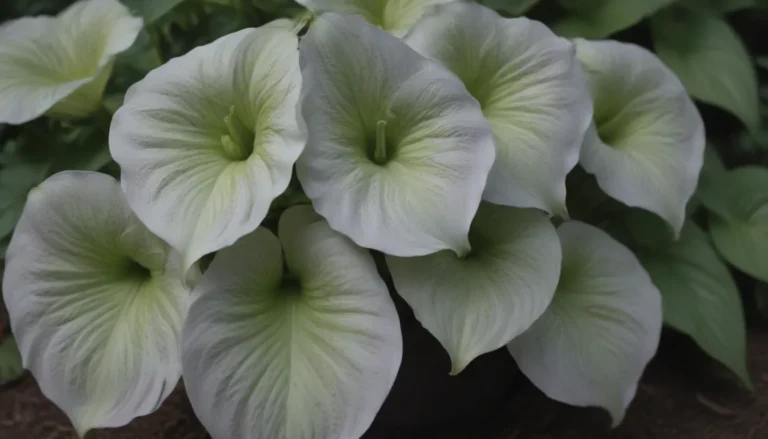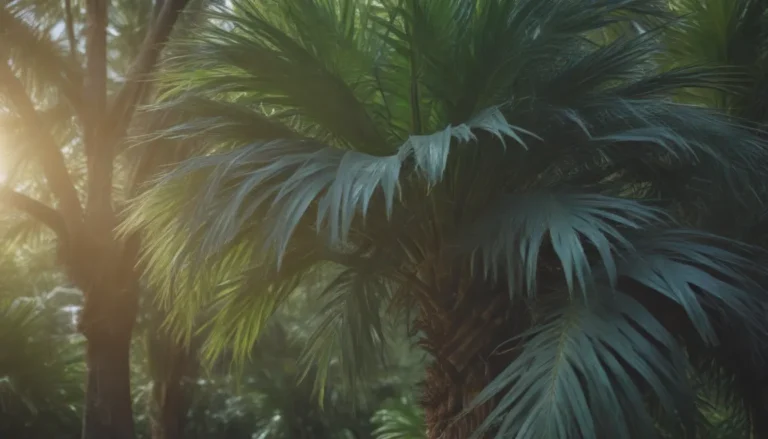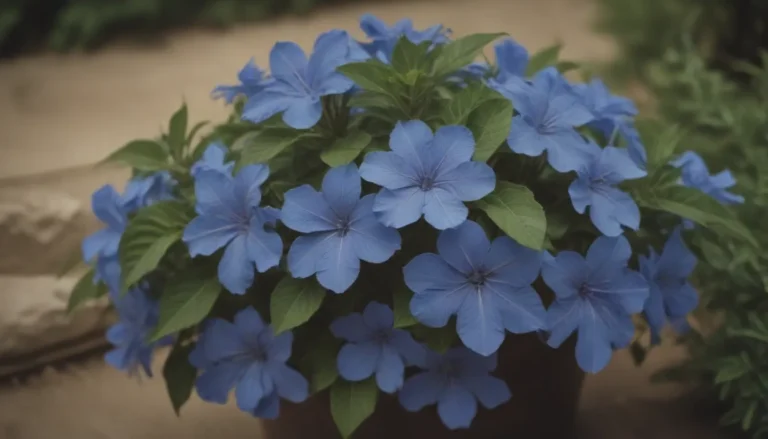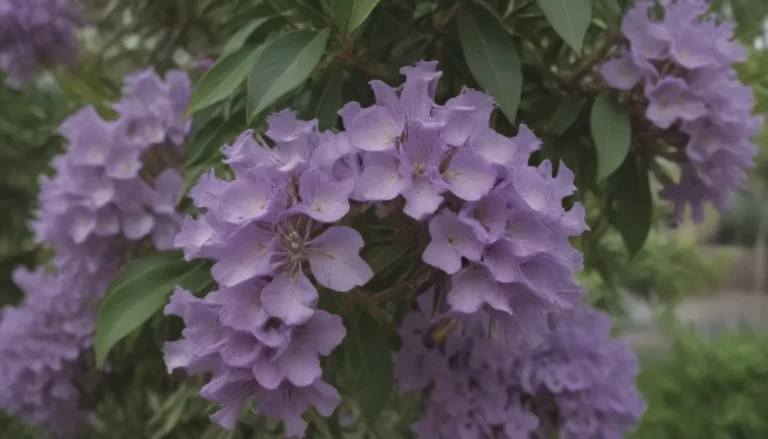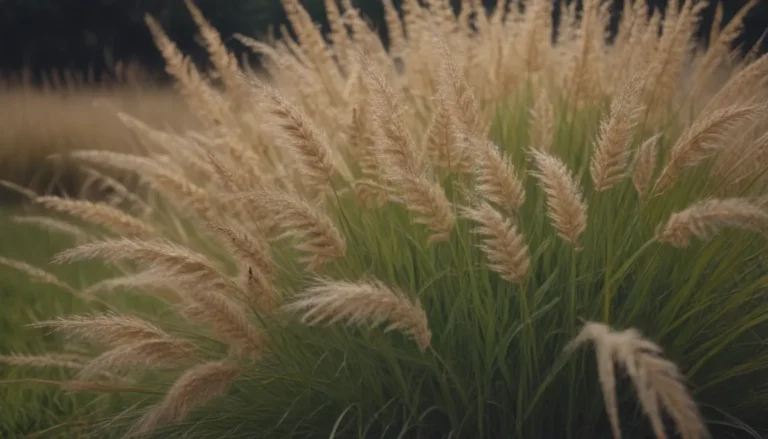The Ultimate Guide to Watering Your Houseplants: Distilled Water vs Tap Water
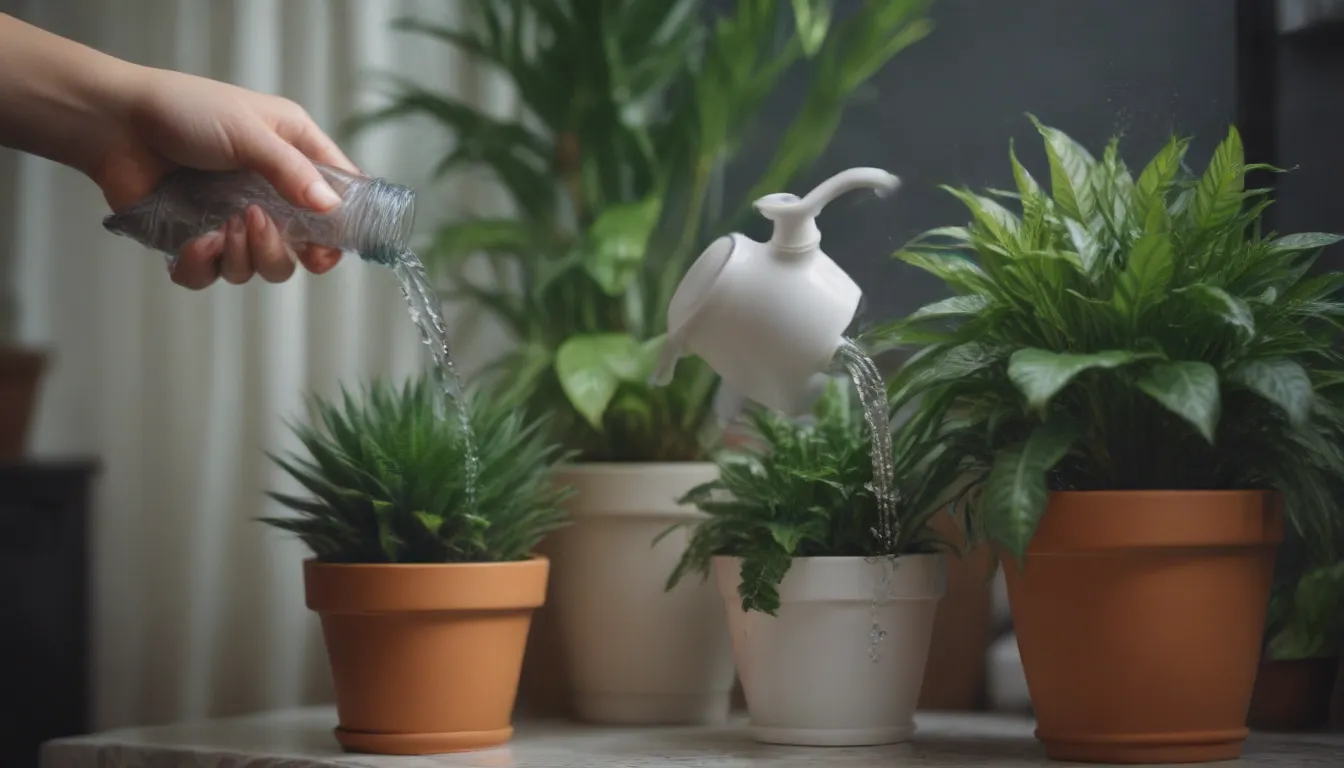
If you’ve ever found yourself standing over your beloved houseplants with a watering can in hand, wondering if you’re doing right by them, you’re not alone. The world of plant care can be a confusing one, with new trends and rumors popping up left and right. One such debate revolves around the use of distilled water versus tap water for watering houseplants. But fear not, fellow plant parent, as we’re here to set the record straight and provide you with all the information you need to ensure your green babies thrive.
Meet the Expert: Mike Schaffitzel
To shed some light on this topic, we turned to Mike Schaffitzel, a seasoned plant expert with a lifetime of experience working with plants. As the third-generation owner of Schaffitzel’s Flowers, a renowned greenhouse and flower shop in Springfield, Missouri, Mike’s wealth of knowledge on plant care is second to none.
When asked about the benefits of distilled water for houseplants, Mike’s response was clear: distilled water isn’t necessarily superior, and the cost can quickly add up if you have a plethora of plants to care for. Instead, he suggests turning to a filtered water system as a more practical and cost-effective solution. By using filtered water, you can eliminate harmful contaminants while retaining essential minerals that are vital for your plants’ health and well-being.
Is Distilled Water Really Better for Your Houseplants?
While some argue that distilled water is the ultimate choice for houseplants due to its purity, the truth is that it may not be the most beneficial option in the long run. Here are a few key points to consider:
- Cost: Using distilled water for all your plants can quickly become expensive, especially if you have a large plant collection.
- Nutrient Deficiencies: Distilled water lacks the essential minerals found in tap water, which are necessary for plant growth and vitality.
- Mineral Build-up: While distilled water prevents mineral deposits on soil and roots, it may not provide your plants with the nutrients they need to thrive.
If you’re concerned about mineral build-up but don’t want to sacrifice essential nutrients, a filtered water system is a great compromise. By investing in a quality water filter, you can provide your plants with clean and mineral-rich water that promotes healthy growth.
Filtered Water: The Ideal Choice for Houseplants
Filtered water strikes a perfect balance between purity and essential nutrients, making it an ideal option for watering your houseplants. Here are a few reasons why filtered water is superior to distilled water:
- Contaminant Removal: Depending on the filter type, filtered water can remove impurities such as sediment, chlorine, and bacteria, ensuring that your plants receive clean water free of harmful substances.
- Retains Essential Minerals: Unlike distilled water, filtered water preserves the necessary minerals that support plant growth and development.
- Convenience: Using a water filter pitcher or a refrigerator water dispenser makes it easy to access filtered water for your plants without the hassle of purchasing distilled water.
By incorporating filtered water into your plant care routine, you can provide your green companions with the hydration and nutrients they need to thrive.
Which Plants Benefit From Distilled Water?
While filtered water is suitable for most houseplants, there are certain plant species that may benefit from the use of distilled water:
- Swamp Plants: Plants that are sensitive to contaminants in tap water, such as swamp plants, may thrive when watered with distilled water.
- Carnivorous Plants: Species like Venus fly traps, which derive nutrients from prey rather than soil, may benefit from distilled water to avoid mineral build-up in their growing medium.
If you have specific plant varieties that require extra care when it comes to water quality, consider using distilled water selectively to meet their unique needs.
Tips for Enhancing Your Plant Watering Routine
If you’re looking to improve your plant care practices without switching to distilled water, here are a few additional tips from Mike Schaffitzel:
- Consider Other Alternatives: Instead of solely focusing on the water you use, evaluate other factors that may impact your plants’ health, such as light exposure, temperature, and soil quality.
- Embrace Rainwater: Rainwater is a natural and nutrient-rich source of hydration for plants. If possible, expose your houseplants to rain by placing them outdoors during light showers or collect rainwater for indoor watering.
By incorporating these tips into your plant care routine, you can ensure that your houseplants receive the best care possible and thrive in their indoor environment.
In conclusion, while the debate between distilled water and tap water for houseplants continues to rage on, it’s essential to consider the specific needs of your plants and choose a watering method that suits them best. Whether you opt for filtered water, distilled water, or a combination of both, the most important thing is to provide your plants with adequate hydration and nutrients to support their growth and well-being.
Remember, as a plant parent, your love and care are the key ingredients to a thriving indoor garden. So keep watering, nurturing, and watching your plants flourish—it’s all part of the joy of being a dedicated plant parent!

